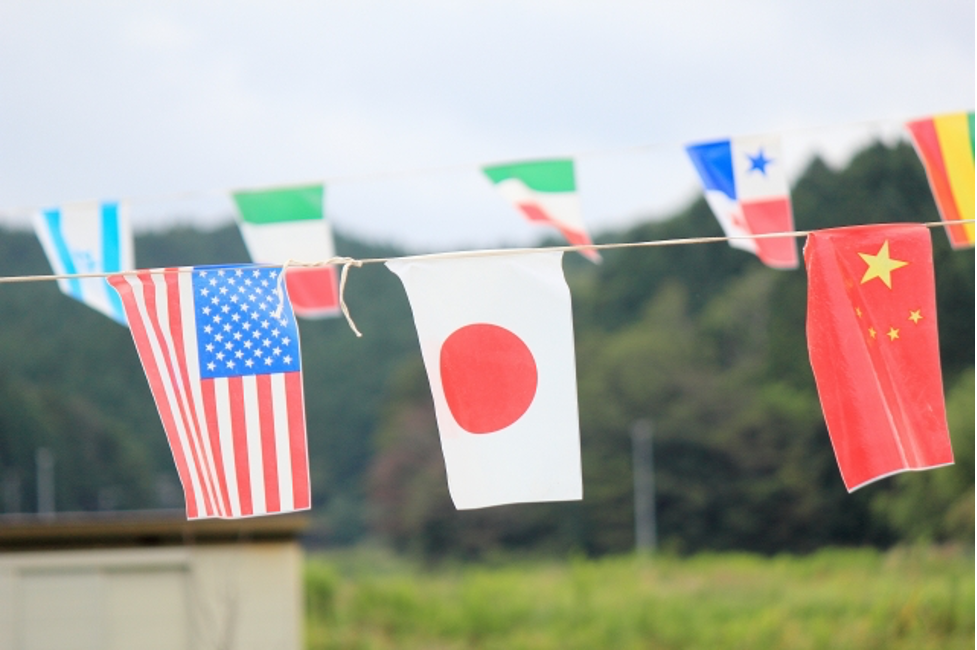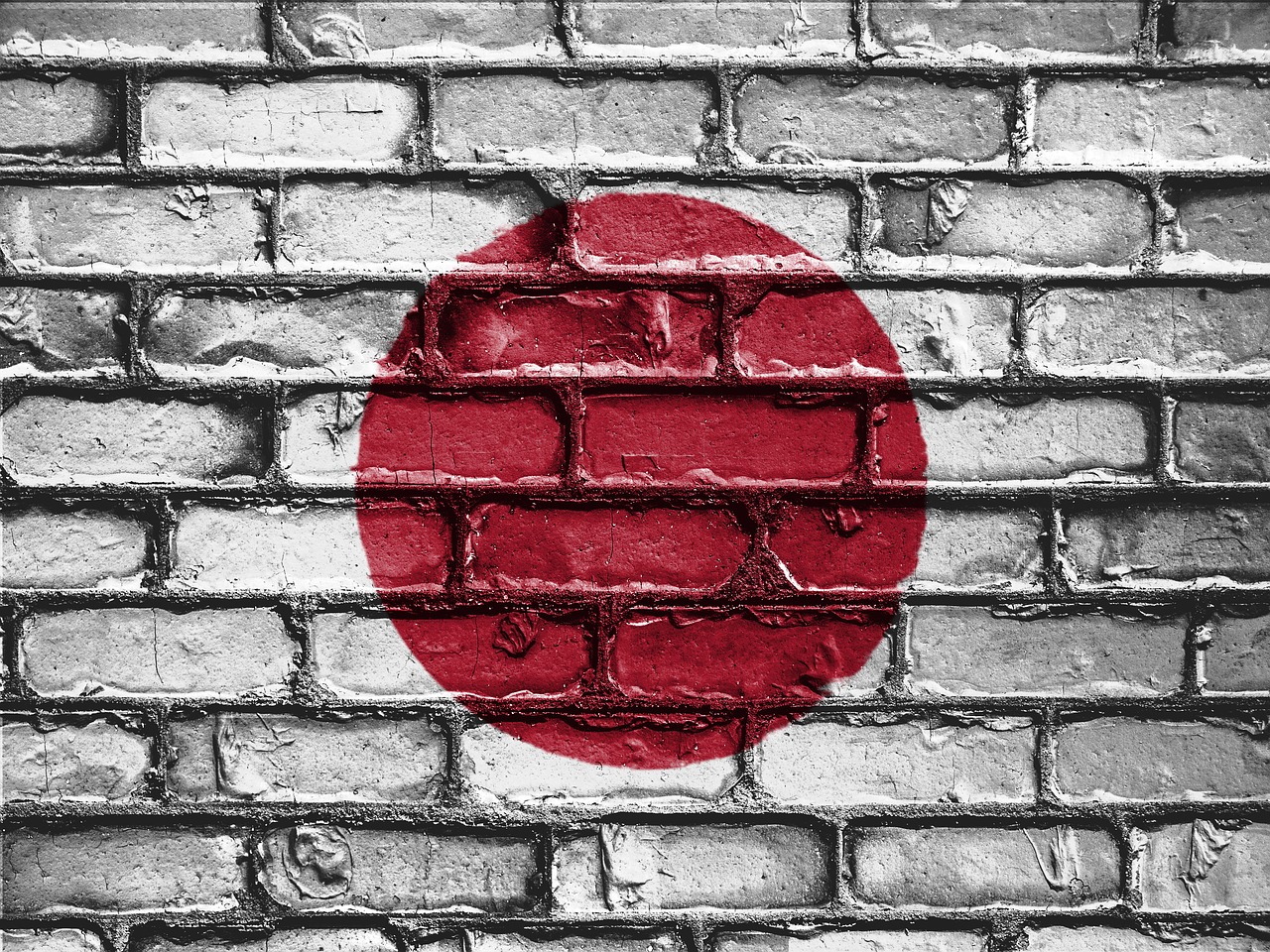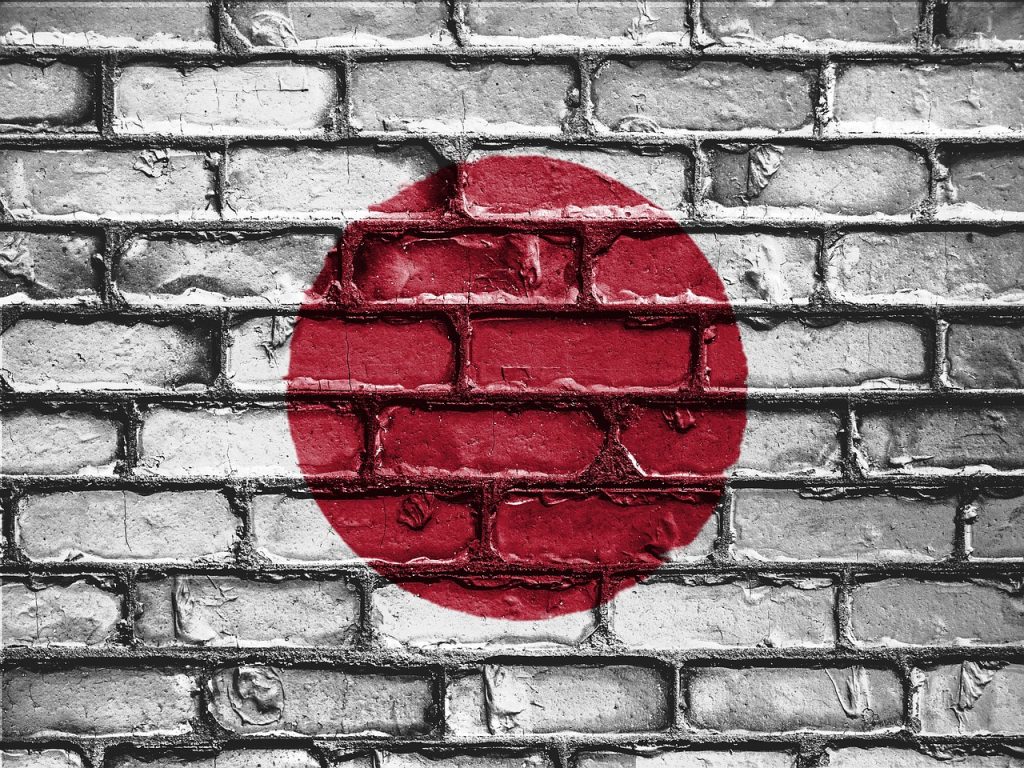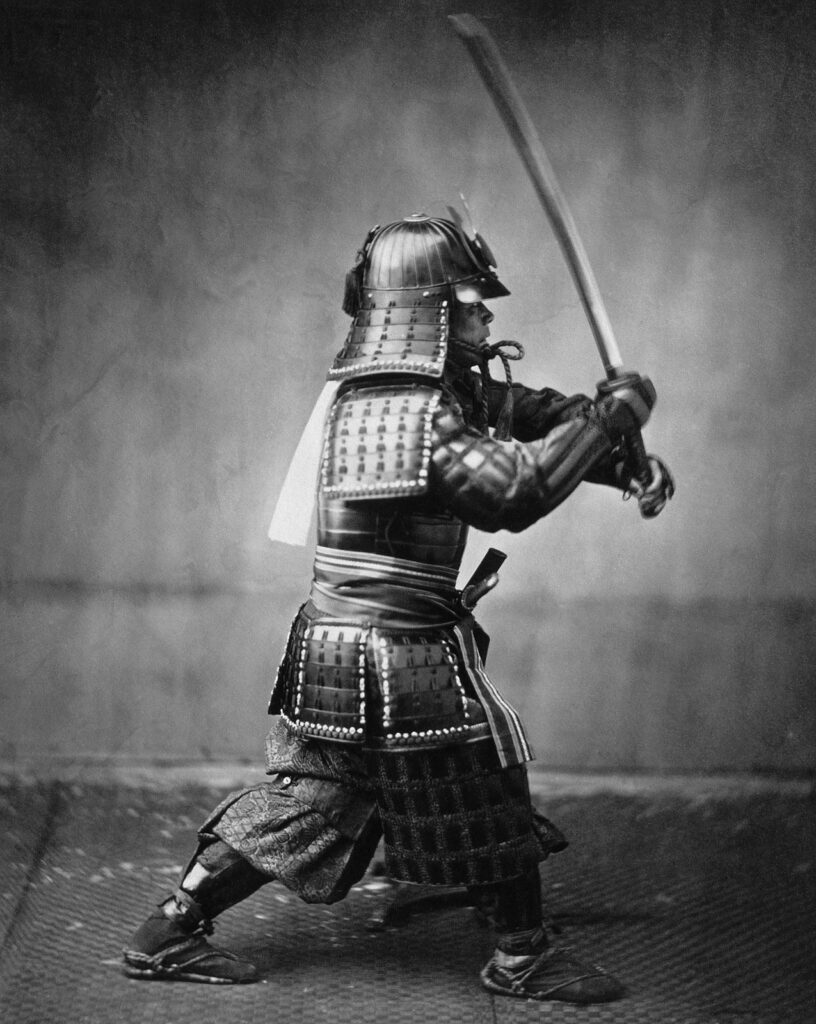*Authors: Southeast Asia and Oceania Team
Introduction
Amid escalating tensions in the Indo-Pacific region, exacerbated by assertive Chinese actions, in April 2023, Japan declared a new cooperation framework—Official Security Aid (OSA). Positioned as a strategic departure from its longstanding Official Development Aid (ODA) framework, the OSA marks Japan's commitment to strengthening the armed forces of like-minded nations. This move reflects Japan's response to the evolving security landscape, characterized by Chinese assertiveness in the South China Sea (SCS) and other geopolitical challenges.
From ODA to OSA
For decades, Japan stood as a bastion of ODA, considered as the main reliable partner for Southeast Asian nations. Its aid is granted under a request-based system and reflects a commitment to regional stability via non-military means.In the postwar era, Japan utilized development cooperation to establish relations with neighboring countries and subsequently to support the expansion of Japanese businesses in Asia. It played a role in the transition from socialist regimes and, amid China's rise, contributed to the development of legal systems and the consolidation of democracies.
The OSA, however, underscores Japan's proactive stance in gaining a more dominant role in the region, marking its first attempt in the postwar era, in which this country seeks to directly enhance the capabilities of foreign military forces. Under the OSA, Japan aims to provide not only equipment and supplies, but also support for infrastructure development to the military forces of like-minded countries, thereby bolstering their security capabilities.
Japanese Prime Minister Fumio Kishida's 2022 Shangri-La Dialogue address marked a pivotal moment in this new approach, with an announcement on doubling Japan's defense spending, and on the necessity in a departure from Japan's traditional post-war foreign policy, primarily centered on economic contributions. Japan's move towards OSA fits with its long-standing role as a vital ally for Southeast Asia in maritime security, especially during Prime Minister Shinzo Abe's leadership.
The realization of OSA materialized around the Japan and the Association of Southeast Asian Nations’ (ASEAN) 50th anniversary, culminating in a Joint Vision Statement and an implementation plan which emphasized maritime security cooperation. Subsequently, Japan extended its security assistance totaling $13 million to Bangladesh, Fiji, Malaysia, and the Philippines, demonstrating a commitment to fostering stability beyond its borders.
Furthermore, Japan’s International Cooperation Agency (JICA) is set to play a pivotal role in providing maritime security support to Indonesia, Malaysia, the Philippines, and Vietnam. JICA's plan encompasses capacity-building initiatives and the provision of patrol boats, radar systems, and drones. This comprehensive support seeks to address the security needs of nations grappling with regional power dynamics. This move signifies Japan’s intent to forge a broader international coalition, marking a strategic shift in its diplomatic and security engagements.
Strategic Gains
Amid the delicate balancing acts between superpowers, the OSA offers Southeast Asian claimant states an appealing prospect. With territorial disputes and threats from China in the SCS, Japan’s commitment to enhancing defense capabilities might seem to aim to deter Chinese assertiveness.
In this context, and following the ASEAN-Japan Commemorative Summit, Japan has elevated relations with Vietnamand Malaysia to a Comprehensive Strategic Partnership, and a Security Assistance agreement, including maritime equipment provision, was signed with Malaysia. Additionally, although not a claimant state, Japan plans to build a patrol vessel for the Indonesian Coast Guard. Moreover, coastal surveillance radars will be granted to the Philippines, with discussions on reciprocal troop access and joint military exercises. Japan and the Philippines are also working towards a trilateral alliance involving the US. As Japan has its own territorial dispute with China over its southern islands, the OSA aligns with its ambitions to ensure a Free and Open Indo-Pacific and secure regional supply chain resilience.
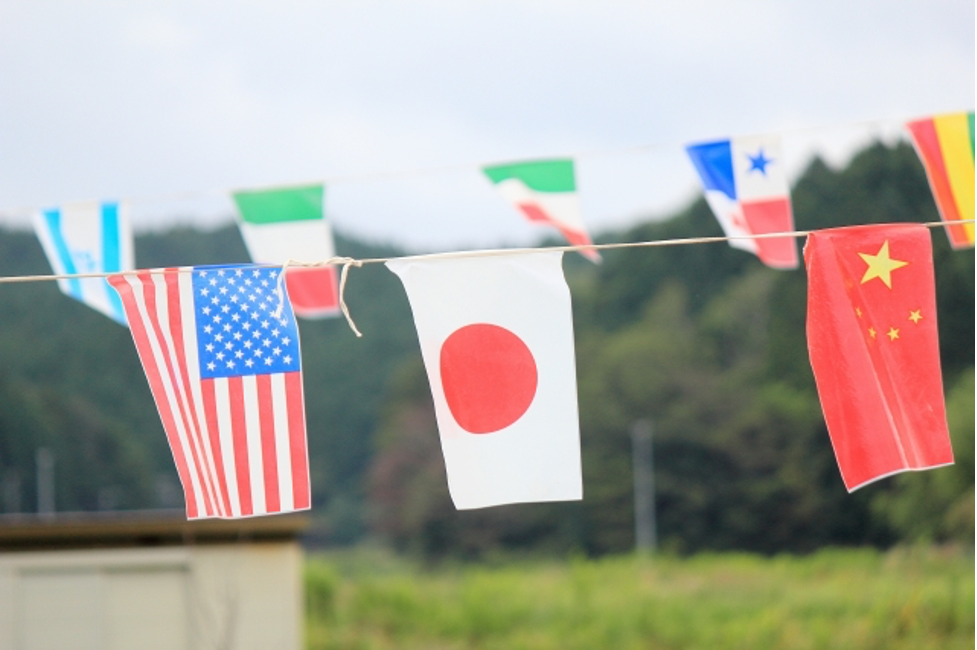
Japan also might envision the OSA as a means to reduce Southeast Asian countries' dependence on China. As the Belt and Road Initiative remains a significant diplomatic tool, the OSA introduces new areas of cooperation. For Bangladesh, for instance, which heavily relies on Chinese weaponry (70%), the OSA offers an opportunity to diversify suppliers and mitigate risks associated with the quality of Chinese-made military equipment.
Balancing security and stability
In his address at the Hiroshima G7 Summit in 2023, PM Kishida emphasized the potential parallels between the current situation in Ukraine and future challenges in East Asia. Observing global instability stemming from the Ukraine war, the rise of China, US-China tensions, and the Israel-Hamas War, Japan’s proactive foreign policy aims to foster deterrence and regional security. This change signifies a departure from its conventional stance of following US priorities by shifting towards a Japan-led multilateral security collaboration. It should be asked whether this securitization led to more, or less stability in the region.
While Japan's emphasis on maritime security and support to like-minded Indo-Pacific countries aligns with countering China's assertiveness, extending OSA to the military capabilities of developing countries introduces complexities.
The potential reactions from ASEAN nations, particularly considering their neutrality and non-alignment strive, could lead to heightened tensions and disrupt the delicate balance in the ongoing superpower competition. Moreover, concerns over an arms race in the region emerge; due to ASEAN countries' diverse capabilities and stances in the superpower competition, providing security assistance to certain members might increase tension in the region and undermine the current multilateral system.
The pursuit of a competitive armament approach, rather than creating a secure environment, may contribute to heightened tension, prompting a more assertive Chinese stance and a Chinese armament of its allies in the region. Furthermore, given China’s extensive arms sales to the region, and its lenient restrictions on arms exports, it is essential to question whether Japan's OSA will genuinely serve as an effective countermeasure to China.
Conclusion
Japan's adoption of OSA signifies a proactive response to regional challenges posed by assertive Chinese actions. While enhancing defense capabilities for like-minded developing countries brings strategic gains, potential reactions from ASEAN, fears of an arms race, divisions, and China's extensive influence, warrant cautious consideration. As Japan assumes a broader international role, the delicate balance between security and stability in the Indo-Pacific calls for careful navigation and strategic planning to mitigate potential negative repercussions of such security related initiatives.
*Views expressed in the article belong to the author and do not represent any organization or its affiliates.
